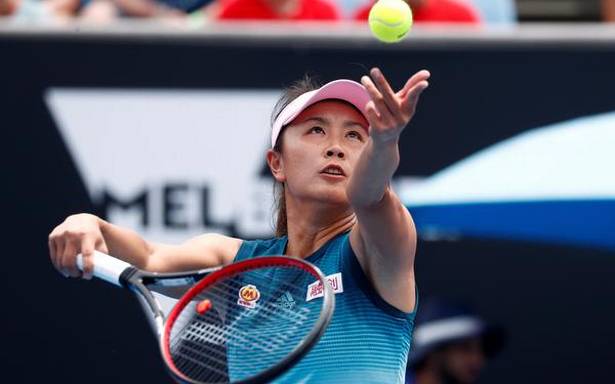Ananth Krishnan speaks to us on who is likely to face repercussions over these allegations, and the Chinese Communist Party’s stand on feminist politics
On November 2, Chinese tennis player Peng Shuai shared a post on micro-blogging site Weibo accusing a senior Communist party leader, Zhang Gaoli, of sexual assault. The post was immediately censored, and there has been no news about Peng Shuai since then. Peng, who was ranked world number 1 in doubles in 2014, is a big star in China. The Women’s Tennis Association (WTA) and several tennis stalwarts, from Chris Evert to Novak Djokovic and Naomi Osaka, have expressed concerns about Peng’s whereabouts and safety. They have also called on Chinese authorities to investigate her allegations.
But in a strange twist, on Wednesday, Chinese state media shared an email purportedly written by Peng Shuai to WTA Chairman and CEO Steve Simon, in which she says that the allegations of attributed to her are not true and that she was just “resting at home and everything is fine.” Simon, in response, has questioned the authenticity of this email, and said that “Peng Shuai must be allowed to speak freely, without coercion or intimidation from any source.”
It is not often that senior Party members face public accusations of sexual wrongdoing. So, who is likely to face repercussions over these allegations – is it going to be Peng herself, for going public about a Party official, or will it be Zhang Gaoli, for causing embarrassment to the Party? And where does the Chinese Communist Party stand with regard to feminist politics and the #MeToo movement? We look for answers to these questions in this episode.
Guest: Ananth Krishnan, The Hindu’s China correspondent.
Host: G. Sampath, Social Affairs Editor, The Hindu
Source: Read Full Article

